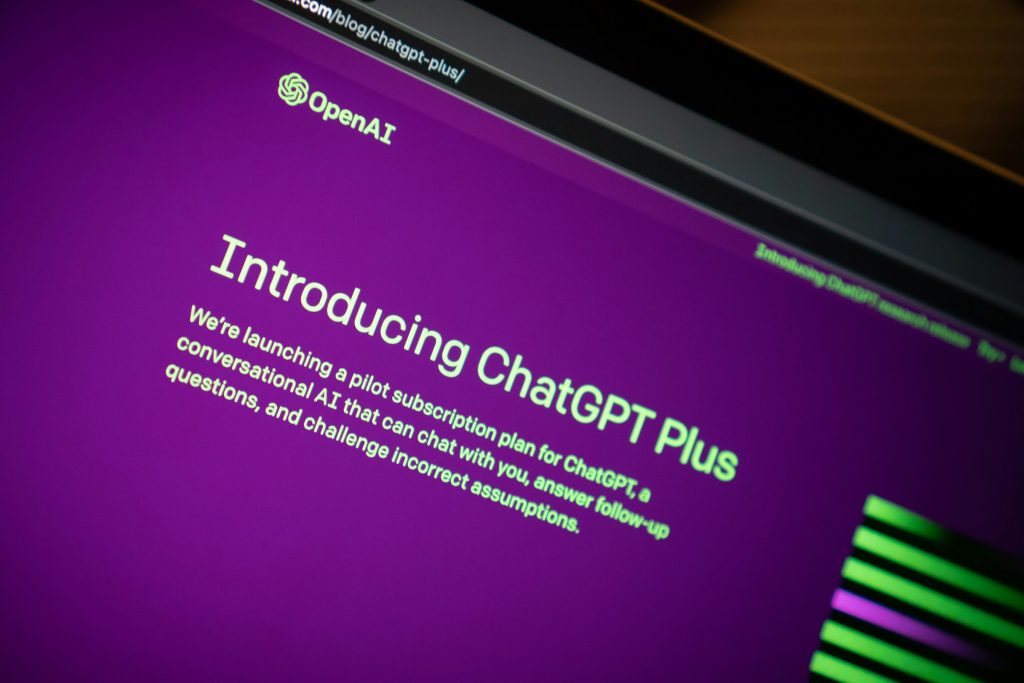Artificial intelligence have simplified production of digital content from audio and visual clips, images, and text messages. Media that could have taken years for humans to create is being generated in seconds.
But does AI actually boost human creativity?
That’s what a pair of researchers at Massachusetts Institute of Technology are exploring in new research published in Science Advances, by studying how users have interacted with OpenAI’s GPT-4 language model to write stories.
The model was found helpful, but only to a certain extent. The research claimed that although AI improved content for less skilled writers, it made very little difference to the quality of output produced by already creative writers.
The stories generated through AI had more similarities to each other than those created entirely by real people.
The prize-winning image was AI-generated
German artist Boris Eldagsen refused a prestigious photography award after admitting that his prize-winning image was AI-generated. The image won in the creative open category at the Sony World Photography competition.
Eldagsen studied photography, visual arts, and intermedia in Germany and Prague, called it a “historic moment” for an AI image to make entry and win a coveted international photography competition.
As he declined the award, Boris noted that AI images should not compete with photography in any given award since they are different categories and AI-generated image is not actual photography.
Google’s chief executive warns AI could irreversibly damage human experience
Google’s chief executive, Sundar Pichai noted that AI is giving him sleepless nights. While talking in a live interview on CBS’s 60 Minutes, he said the negative side to AI “can be very harmful if deployed wrongly, we don’t have all the answers there yet, and the technology is moving fast. So, does that keep me up at night? Absolutely.”
Google’s parent company, Alphabet, owns DeepMind, a Europe-based AI company, which has developed Bard, an AI-powered chatbot to counter ChatGPT launched by OpenAI, a US-based tech company. It’s worth noting that ChatGPT has become a major sensation since its release on November 30, 2022.
Pichai said governments should step in and set a global regulation framework urgently needed to keep AI development in check.
Elon Musk and Others Call for Pause on A.I. development
Tesla and X Corp owner, Elon Musk, signed a calling letter that has drawn more than 1000 AI experts, researchers, and key technology players demanding an immediate pause on the creation of ‘giant’ AI for at least six months, to give time for proper study and mitigation of the dangers and suitability of existing AI models such as GPT-4.
Notable signatories on the open letter include Google, Microsoft, DeepMind, Meta, Stability AI, Apple, cognitive scientists in academia as well as engineers from Amazon.
Intense debate is raging on AI-development in spaceships, submarines, driverless cars, creative writing, and medicine. Tech industry players are demanding that powerful AI systems should be generated once the world is confident that their development will have positive effects and their risks manageable.
The research is part of a growing investigation working to unearth how generative AI affects human creativity, suggesting that though access to Artificial Intelligence speeds up creativity for less creative individuals, it might end up causing more damage and spur generative risk in the society.


